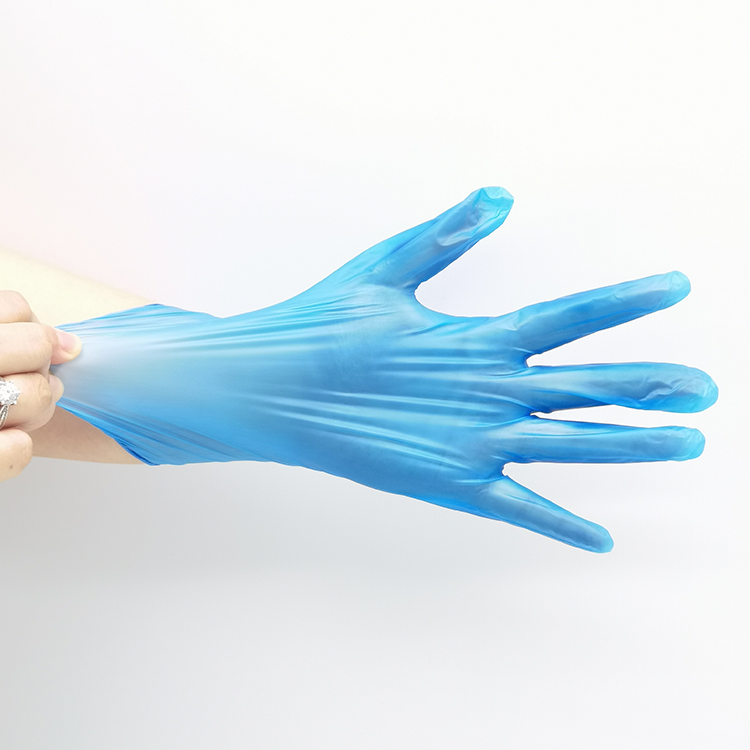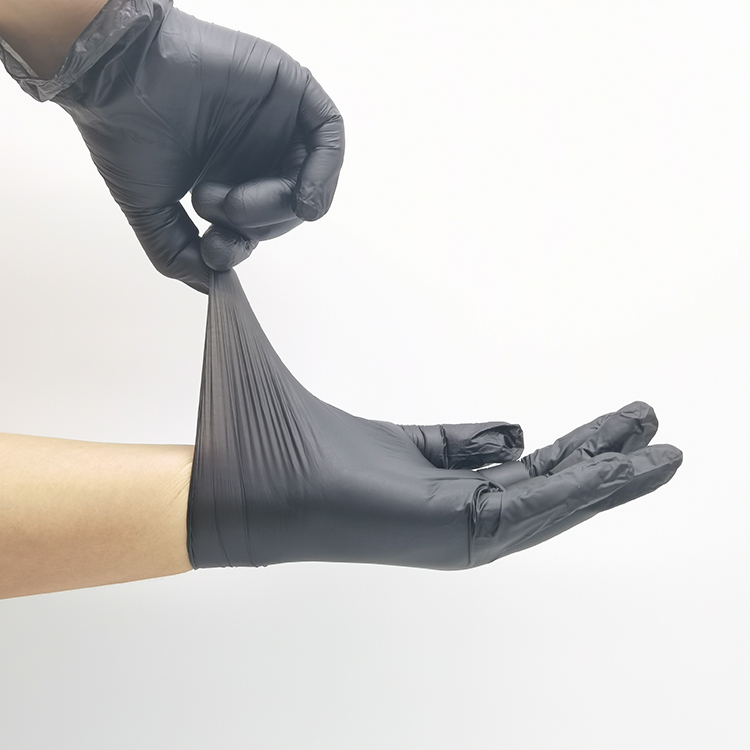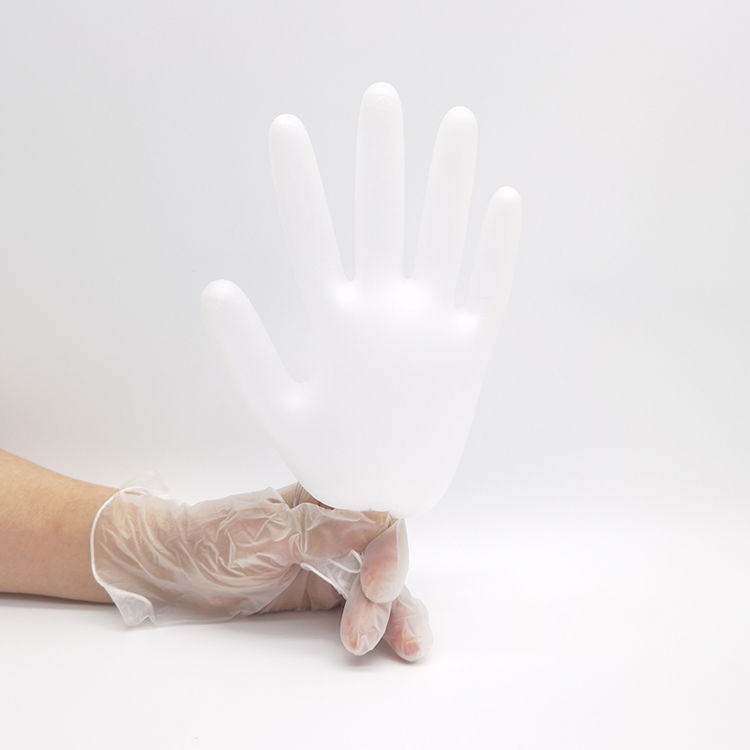Thanks to the development of digital health technologies, sensors and data science, the medical market will undergo a radical change. In the future, everyone will become the CEO of their own health, this is only a matter of time.
There is a lot of work in this area, such as Lumiata, a startup that uses machine learning technology to assist medical staff, and IBM's Watson system. There are also companies using patient records to evaluate about 15,000 current treatments to verify their effectiveness.
As people learn more about the various data, the relevant information will become more and more personalized and targeted. Providing them to patients will allow them to learn more about their medical options and allow them to make more treatment decisions, rather than being forced to accept them because they lack relevant knowledge.
In addition, wearable sensors will also form a powerful complement to these systems. In the early days, wearable devices only collected traditional medical data changes such as blood pressure, respiration rate, blood sugar, and cardiac output. But in the future, smartphone apps can also monitor patient activity and thousands of biomarkers from blood, urine and respiration.
Based on cell phone-based ECG, blood pressure and heart rate monitors, blood glucose monitors, associated data trackers and pressure monitors, the information collected by these devices, as well as more information, will be entered into a well-established machine learning system.
Smartphone applications will be used as a common monitor to help patients with behavioral corrections and even dressing changes. In the United States, the Food and Drug Administration (FDA) has approved AliveCor ECG devices for sale as OTC products, and heart patients can monitor their ECG at any time. In addition, the FDA has approved the WellDocs for Diabetes Management. The Ginger.io application is able to more accurately monitor a patient's mental health.
Doctors also monitor and train these systems to manage their inputs and outputs. Ultimately, the capabilities of these systems will far exceed the original expectations. The combination of man and machine will produce an effect of 1+1>2.
In addition, technology will take into account factors that doctors tend to overlook, such as comorbidities, genes and lifestyles. The amount of data, and the understanding of the patient's complex situation, is no longer a problem that humans can easily handle, but computers can be easily managed.
These systems provide personalized care when the doctor is absent. Currently, patient choices are often limited by the doctor's preferences. In the future, more choices will be given to patients.
Of course, these new systems will not eliminate human care, but at least change the eligibility requirements for caregivers. In the future, professionals who have a medical degree will no longer be able to perform most of the care work, and medical staff who receive a small amount of training will perform more tasks.
The data will fundamentally change the medical industry. As technology will give people more tools, people will manage their health to a greater extent in the future.
The author, Vinod Khosla, is the founder of venture capital firm Khosla Ventures and co-founder of Sun. Known as the world's "technical field" investment king, one of the four venture capital ventures (Don Valentin, Arthur Locke and John Dürr).
Disposable PVC gloves For Housework, factory protection in electronics, chemical industry, aquaculture, glass, food, etc., hospitals, scientific research and other industries; widely used in semiconductor, precision electronic components and instrument installation and operation of sticky metal utensils, high-tech product installation and debugging, Disc drives, composite materials, LCD display tables, circuit board production lines, optical products, laboratories, hospitals, beauty salons and other fields.





Pvc Gloves,Black Pvc Gloves,Long Pvc Gloves,Polyvinyl Gloves
Jiangsu Asbao Medical Technology Co., Ltd. , https://www.iigloves.com